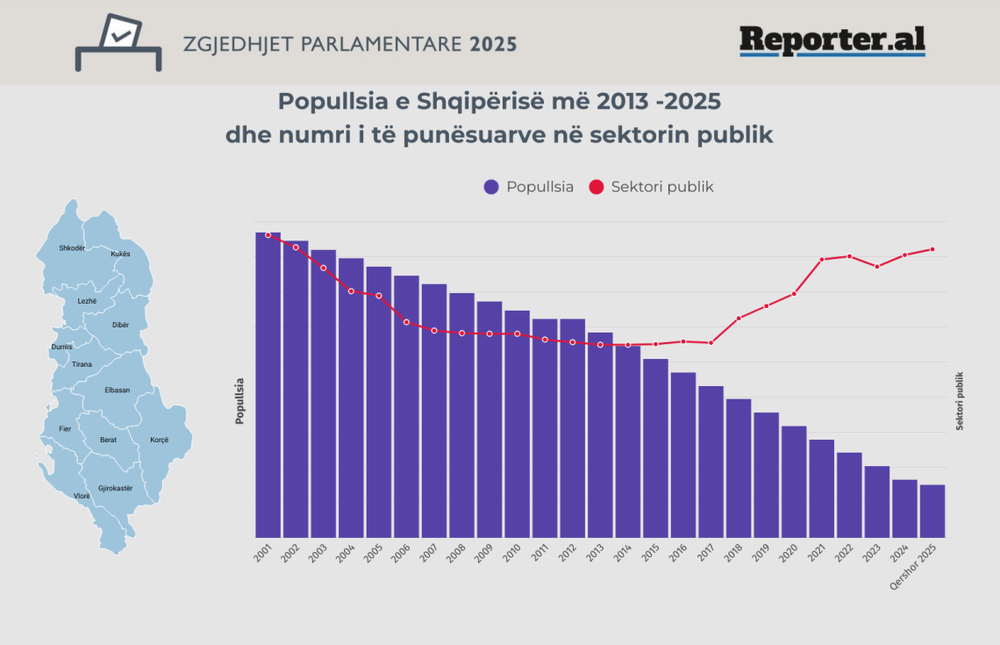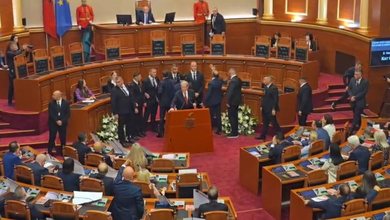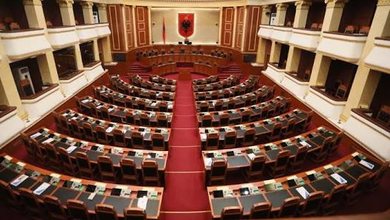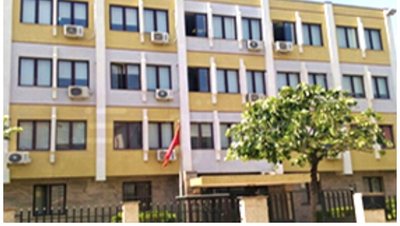
Back in 2001, Albania had a resident population of over 3 million and a public sector, widely considered at the time to be bloated and in need of contraction, of 186,000 people.
In the second quarter of this year, according to official figures published by the Institute of Statistics, the number of employees in the public sector reached 185,734, with an annual increase of 2,400 people, thus marking the highest level since 2002. Meanwhile, if we take into account that the number of resident population this year has fallen to 2.36 million, the number of employees in the state in relation to the population is likely higher today than it has ever been since the fall of communism.
The 186 thousand employees in 2002, against a population of exactly 3.069 million inhabitants, constituted 1 employee in the state for every 16 inhabitants, while at today's level we have 1 employee in the state for every 12 inhabitants.
The increase in public sector employment has raised major concerns about the state of democracy in the country, because it is widely accepted that these hirings are made in exchange for the votes of employees and their families.
International observers announced in their preliminary report on the May 11 elections in Albania that public sector employees were put under pressure in these elections and that allegations and reports of pressure on the public sector were "widespread."
The increase in the number of employees in the state also seems to have been reflected in the level of public spending. According to data from the Ministry of Finance, the public sector wage bill increased by 20% during the first half of this year compared to the same period last year, at a time when budget revenues increased by only 6.7%. /BIRN/






















